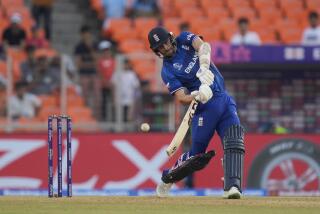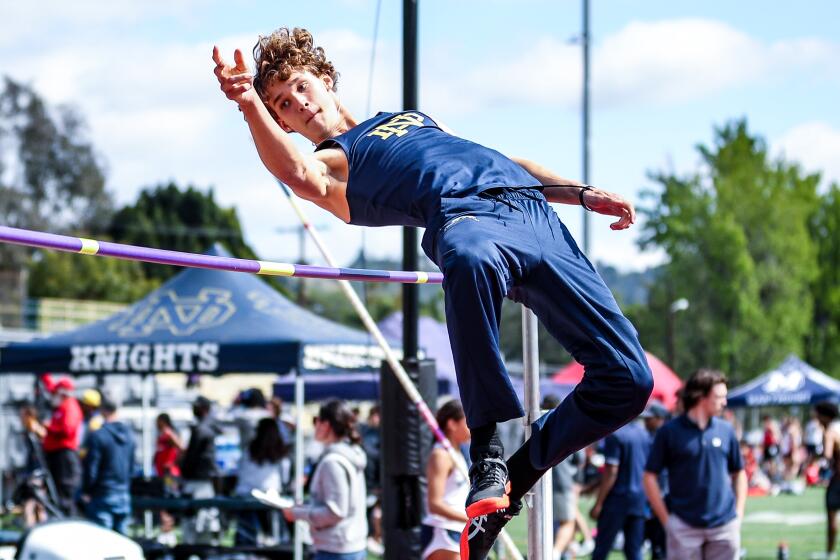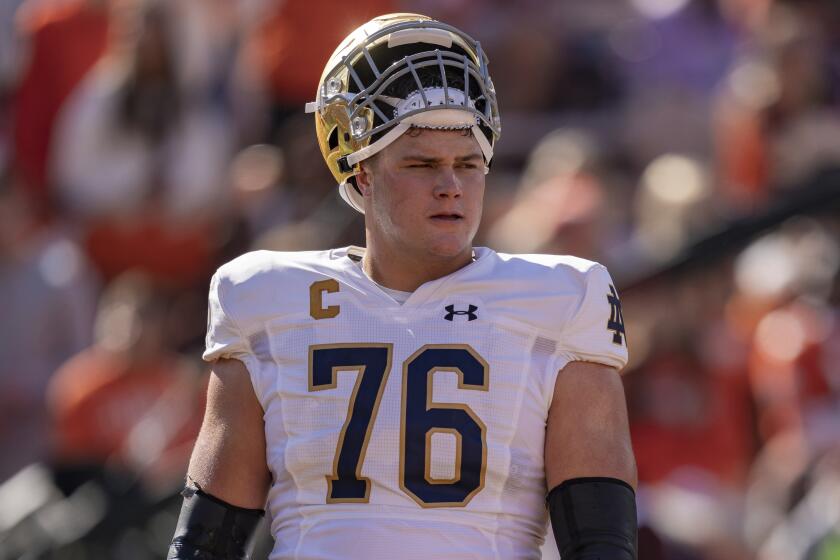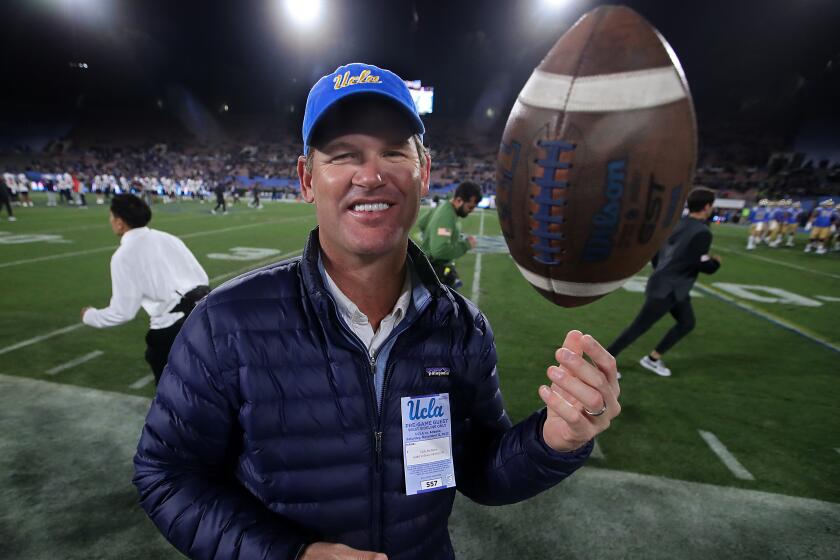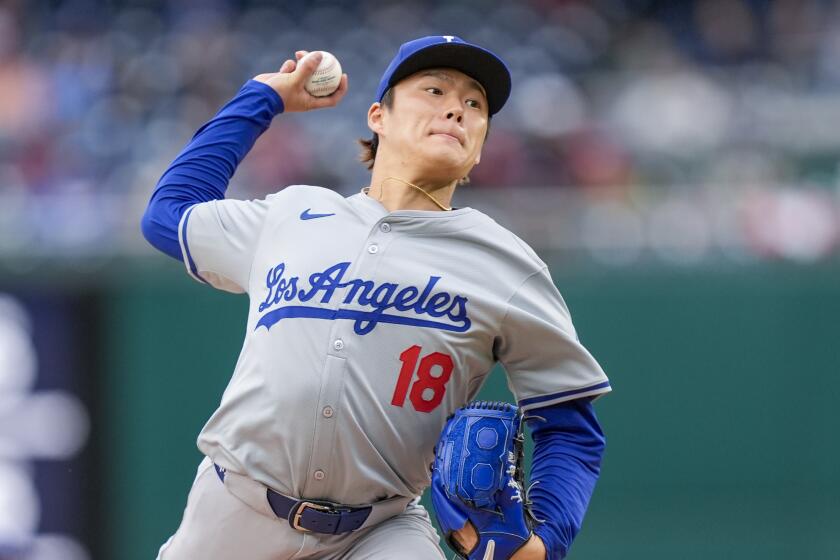Olympic officials take first step in reforms
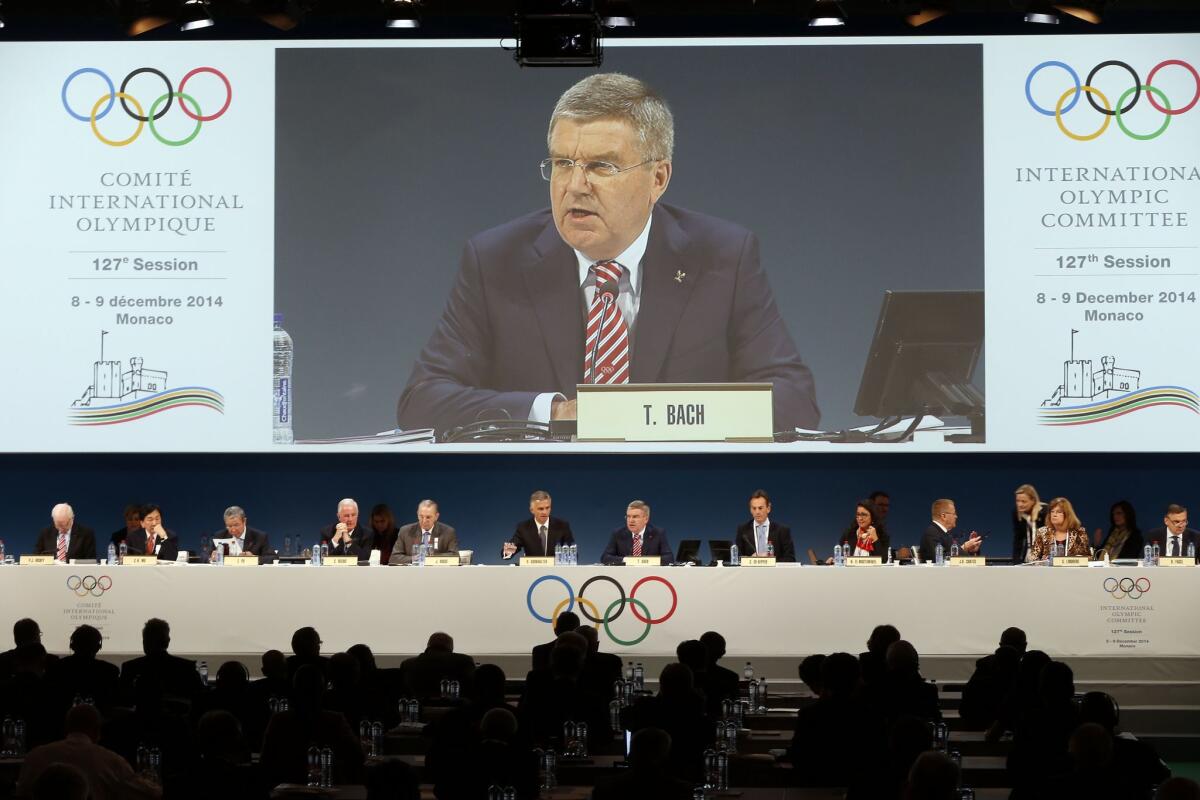
International Olympic Committee members began a much-anticipated meeting Monday by adopting the first portion of a historic reform package.
“The Olympic Agenda 2020 is like a jigsaw puzzle,” IOC President Thomas Bach said at the start of the two-day session. “Every piece, every recommendation, has the same importance. Only when you put all these 40 pieces together will you see the whole picture.”
Initial discussions and voting in Monaco brought about approval of four significant changes:
-- The IOC will make its bidding process more informal to reduce costs, after several cities withdrew from consideration for the 2022 Winter Games. Candidates will be encouraged to use existing and temporary venues. They also have the flexibility of proposing to host events outside their city or even in neighboring countries to help spread expenses.
San Diego recently considered a joint bid with Tijuana.
“I think it is a step forward that the bidding cities will have the chance to focus on Games that work in the local context -- socially, economically and environmentally,” said Ole Einar Bjorndalen, a 13-time medalist and IOC member.
--The cap of 28 sports in the Games was dropped, paving the way for activities such as baseball and squash to return. Instead, the IOC will limit each edition of the Games to 10,500 athletes and 310 events, meaning that some existing sports would likely have to reduce the number of events.
-- The IOC will create a digital television channel devoted to Olympic sports between the Winter and Summer Games.
-- The Olympic Charter will expand its non-discrimination wording to include sexual orientation, a move the follows considerable debate over Russia’s anti-gay propaganda laws at the 2014 Sochi Games.
Athlete Ally, which supports gay and transgender rights in sports, praised the decision.
“There is no greater sign of progress in combating homophobia in sports than to have the oldest organized athletic competition in the history of the world saying enough is enough,” said Hudson Taylor, the group’s executive director. “The International Olympic Committee took a major step today recognizing that the practice of sport is a human right and that every individual must be able to practice without discrimination.”
More to Read
Get our high school sports newsletter
Prep Rally is devoted to the SoCal high school sports experience, bringing you scores, stories and a behind-the-scenes look at what makes prep sports so popular.
You may occasionally receive promotional content from the Los Angeles Times.



